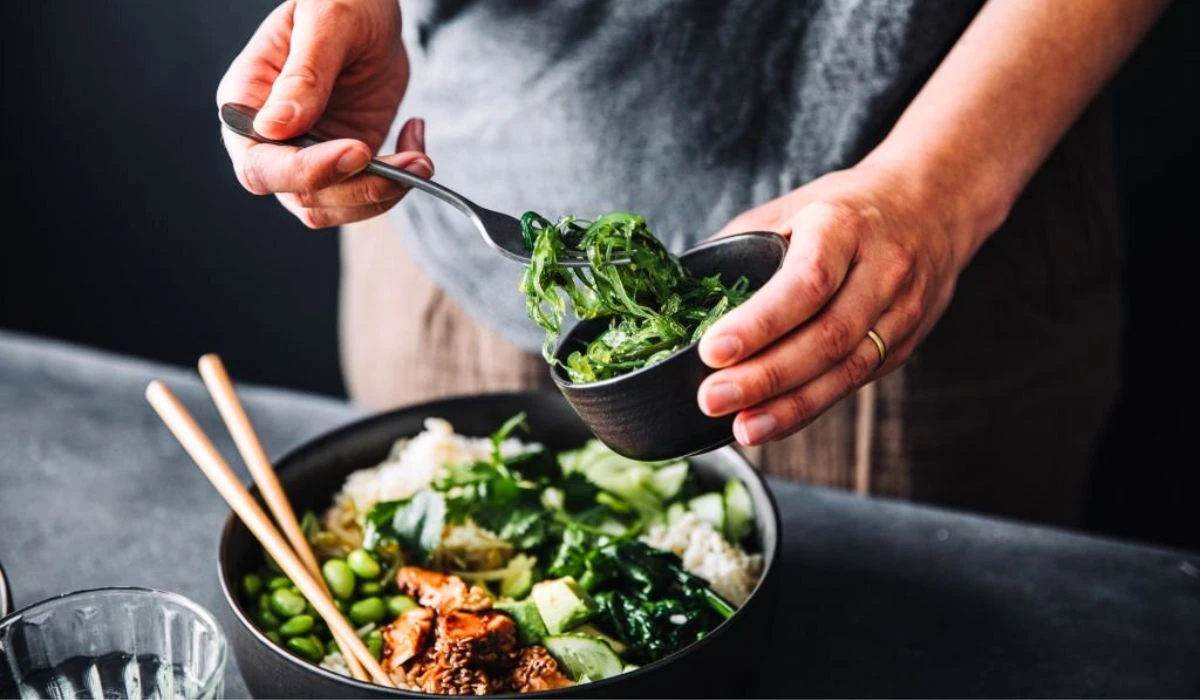Your body runs on food, and nutritious food is the fuel that keeps your body functioning. Your energy levels, immune system, strength, and even how quickly wounds heal are impacted by what you consume.
A proper diet is essential to heal and recover from injuries as quickly as possible. Including nutritional assistance in the lifestyle can help in optimal recovery and healing.
Why Is Nutrition In Your Diet Important For Optimal Recovery And Healing?
Your body requires more energy and nutrients when you are hurt to heal. A higher intake of calories, protein, and specific nutrients is necessary for the body to replace the destroyed tissue during wound healing with new tissue.

These Are Some Of The Requirements Your Body Needs To Recover And Heal:
- Calories, which give your body the energy it needs to function.
- Protein, which aids in tissue growth, maintenance, and repair.
- Vitamins and minerals can help injured tissue heal and grow new tissue.
Also Check: Ankle Sprains In Athletes: Recovery Guidelines
Nutrition To Help In Recovery
A delayed healing rate or even difficulties may result from a lack of any of these nutrients, preventing your body from having the tools necessary to mend your wound adequately.
Prioritizing nutrition to speed up recovery should be a priority.
- Energy balance/availability: To prepare for the impending healing process, your body requires water, carbs, protein, fat, vitamins, and minerals. Balancing your caloric intake with your exercise/activity needs and goals is important.
- Macronutrients: Getting enough protein, carbs, and fats is important for recovery. While carbs support the maintenance of glycogen stores and the balance of proteins, lean proteins help in muscle regrowth.
- Micronutrients: Having enough vitamins and minerals for overall health and healing is important. For the healing of bones, calcium and vitamin D are very important.
- Hydration: It’s important for recovery to stay hydrated. Aim to maintain light yellow urine production by drinking adequate water.
Micronutransitives And Photontransitives
Vitamins and minerals are examples of micronutrients. Small amounts are needed to maintain healthy growth, metabolism, and physical well-being.
You are more likely to obtain the vitamins, minerals, and phytonutrients you require without needing supplements if your diet is between 50 and 75 percent plant-based, has healthy fats, and has an acceptable amount of protein.
Phytochemicals, another name for phytonutrients, are substances made by plants. Fruits, vegetables, legumes, nuts, tea, cocoa, whole grains, and spices are high in phytonutrients. Phytonutrients’ anti-inflammatory qualities can help with the healing process.
Incorporate Nutrient Timing Into The Diet For Injury Recovery
Nutrient timing is adjusting nutrient intake in certain intervals throughout and after exercise sessions to enhance performance recovery and adaptation. The following are some strategies for including nutrient timing in your diet to help in recovery and healing:
- Pre-workout meal: Consuming a meal rich in carbohydrates and protein two to three hours before exercise can help fuel your workout and avoid muscle breakdown.
- During exercise: Consuming carbs while exercising can help keep blood glucose levels stable and prevent fatigue.
- Post-exercise meal: Eating a protein and carbohydrate-rich meal within 30 minutes of working out can help replace glycogen reserves and encourage muscle regeneration.
- Snack before bed: Consuming a protein-rich snack can encourage muscle protein synthesis while you sleep.
- Frequent meals: Consuming small and frequent meals can assist in maintaining energy levels and encourage healing. These meals should contain protein, fruits, vegetables, nutritious grains, nuts, seeds, and oils.
- Rest: Getting enough sleep is essential for healing. Giving your body the proper nourishment and rest will give it the best chance to heal.
Read More: Recovery Strategies For Athletes With Concussion: Expert Tips And Techniques
Conclusion
For optimum recovery from injuries and healing, a proper diet is crucial. For a speedy recovery, consuming enough macronutrients, micronutrients, and water is critical.
Supplements, nutrient timing, energy balance, and availability may also be advantageous for healing. Recovery may be aided by ingesting 20 to 35 grams of leucine-rich protein every three hours during the day and just before bed.
Eating several small meals throughout the day that contain protein, produce, whole grains, nuts, seeds, and oils is advised. A good night’s sleep is essential for healing. Your body can heal and recover when mindful of a healthy diet and getting enough sleep.
Our recommendations are rooted in genuine belief in the benefits of the products bring to users. When you purchase through our links, we may earn a commission, supporting our testing and development without adding any cost for you. Learn more.

Dr. David G Kiely is a distinguished Medical Reviewer and former General Medicine Consultant with a wealth of experience in the field. Dr. Kiely’s notable career as a General Medicine Consultant highlights his significant contributions to the medical field.


